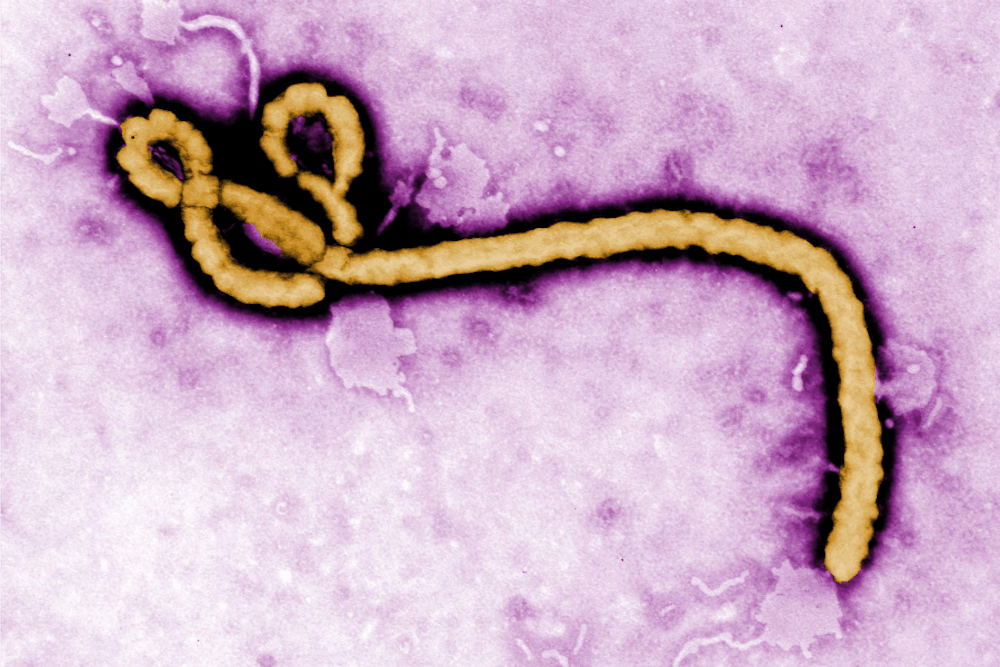5,000 dead, students and faculty concerned
By Greta Morris, For The Miami Student
In the past few weeks, ten Americans have contracted Ebola. Of those ten, eight have recovered, and only two have died. For West Africa, however, it is a very different reality.
Since the Ebola outbreak began in March, nearly 5,000 people have died, according to the World Health Organization. Most of the outbreaks have occurred in Guinea, Liberia and Sierra Leone, all located on the western coast of Africa.
Since its outbreak, many people have turned the virus into a joke, but for sophomore Becca Wesseh, Ebola is no laughing matter.
"I don't think it's something we should be making fun of," Wesseh said. "People are dying, and if it was happening right here on campus, then we wouldn't be laughing."
Wesseh and her family moved to the United States from Liberia. The capital city was a major hub of the disease in 2006. At the time, they were escaping a civil war. Now it is Ebola - not war - threatening the country.
Ebola is a rare disease caused by infection with one of five Ebola virus strains, according to the Center for Disease Control. The virus can be spread from direct contact with blood or other bodily fluids from an infected person.
Ian Yeboah, a Ghanian geography professor, said the poor infrastructure of West African healthcare is leading to the high death toll. Only 44 doctors are available to service 5 million people in Liberia, he said.
"The progression on the disease is such that the longer you have the disease, the higher the count," Yeboah said. "Most people in West Africa, by the time they catch it, they are beginning to hemorrhage. By the time it gets to the case where they realize that it is Ebola, they don't have access to health care facilities."
But, this is not the first time Africa has faced an outbreak of Ebola. Outbreaks began in 1976 in Sudan and the Democratic
Republic of the Congo, formerly Zaire. Since the first outbreak, Ebola has flared up in central and western Africa, though never with the severity of the current outbreak.
"Unlike HIV where the virus keeps growing, the history of Ebola in other parts of Africa is that after awhile, the virus dies," Yeboah said. "Western Africa is highly populated, more so than the places that were affected in previous outbreaks."
Yeboah said he expects this outbreak will have a large impact on the culture of West Africa. Handshakes, a cultural norm, may become less frequent for fear of germs. Food practices and sanitation will likely earn the regulation they may currently lack.
"Burial practices will change," Yeboah said. "Most dead people are handled by their extended families. The family prepares the body, and physically carries the body to the cemetery and buries it. With time, those practices are going to change."
Wesseh feared this outbreak may be more devastating than the war that caused her family to flee Liberia.
"I think it will be a setback because it's just after we recovered from a war," Wesseh said. "Now Ebola is causing money and all sorts of other problems. It will be like the Great Depression all over again. "
To ease the outbreak, Wesseh cited education as the key to stop Ebola from infecting more people.
"For my country, they should educate the people and telling people a few steps to avoid Ebola, like washing your hands and covering your cough," Wesseh said.
Another key to ending the outbreak, Yeboah said, is supporting the poor West African health care systems and treating patients as soon as they contract the disease.
Above all, Ebola is a serious problem, not just for the people of West Africa or the ten affected in the United States, but to people across the globe.
"When it is a West African problem, we need to help," Yeboah said. "When it is a global problem, we need to solve it because it will be in our backyard very quickly. Until we change our mindset, we will be missing the point."

